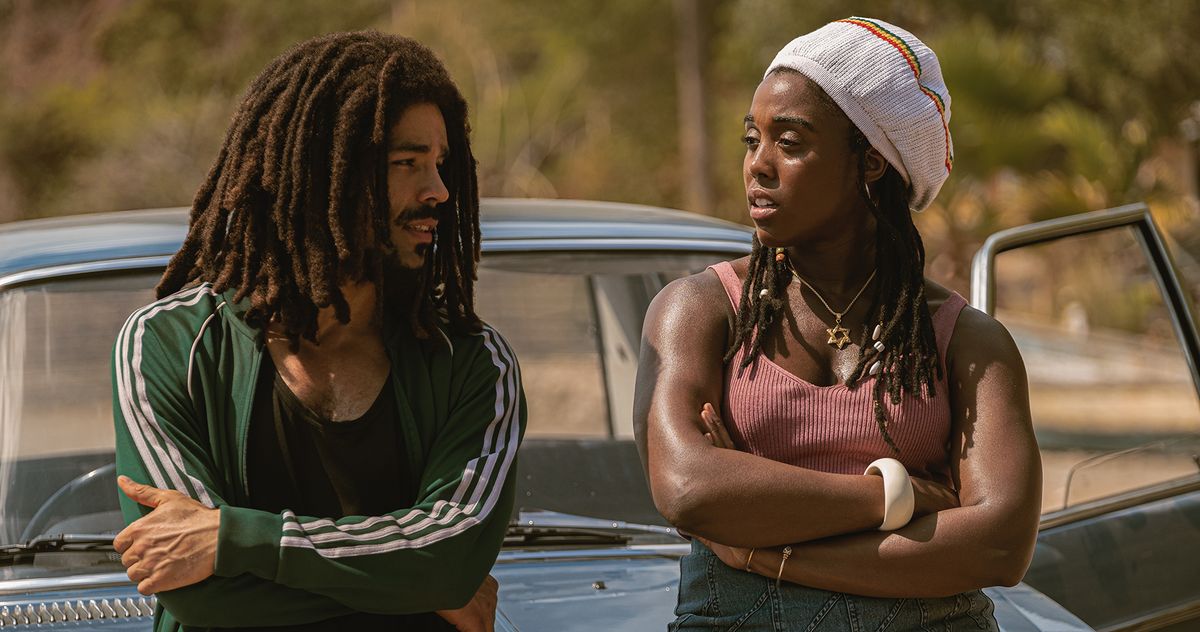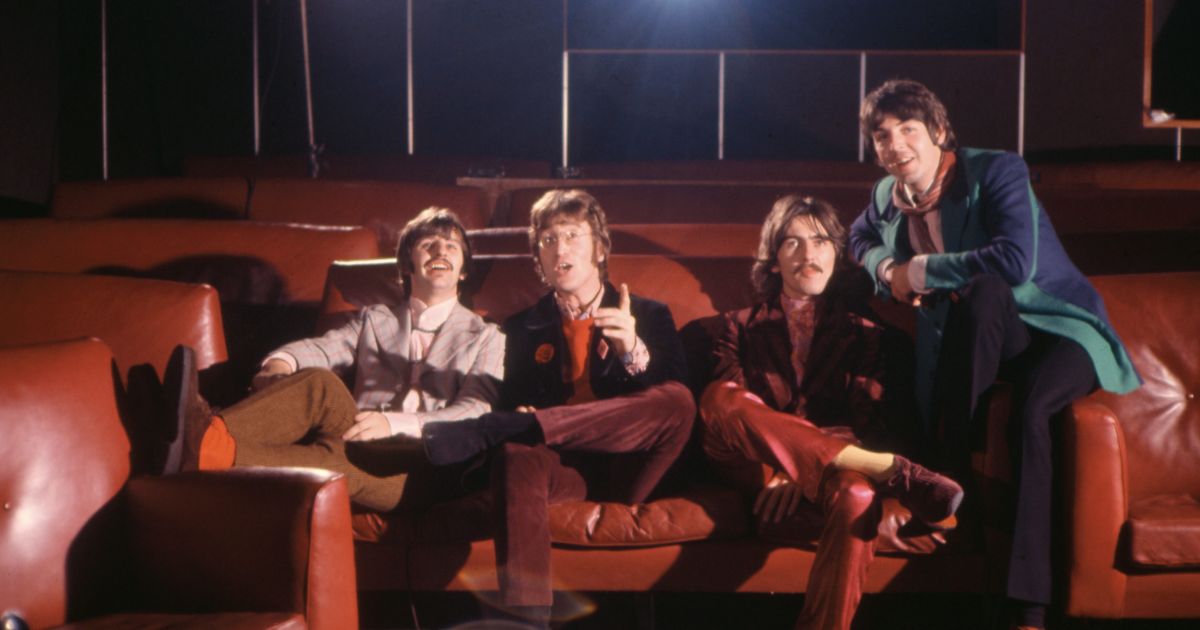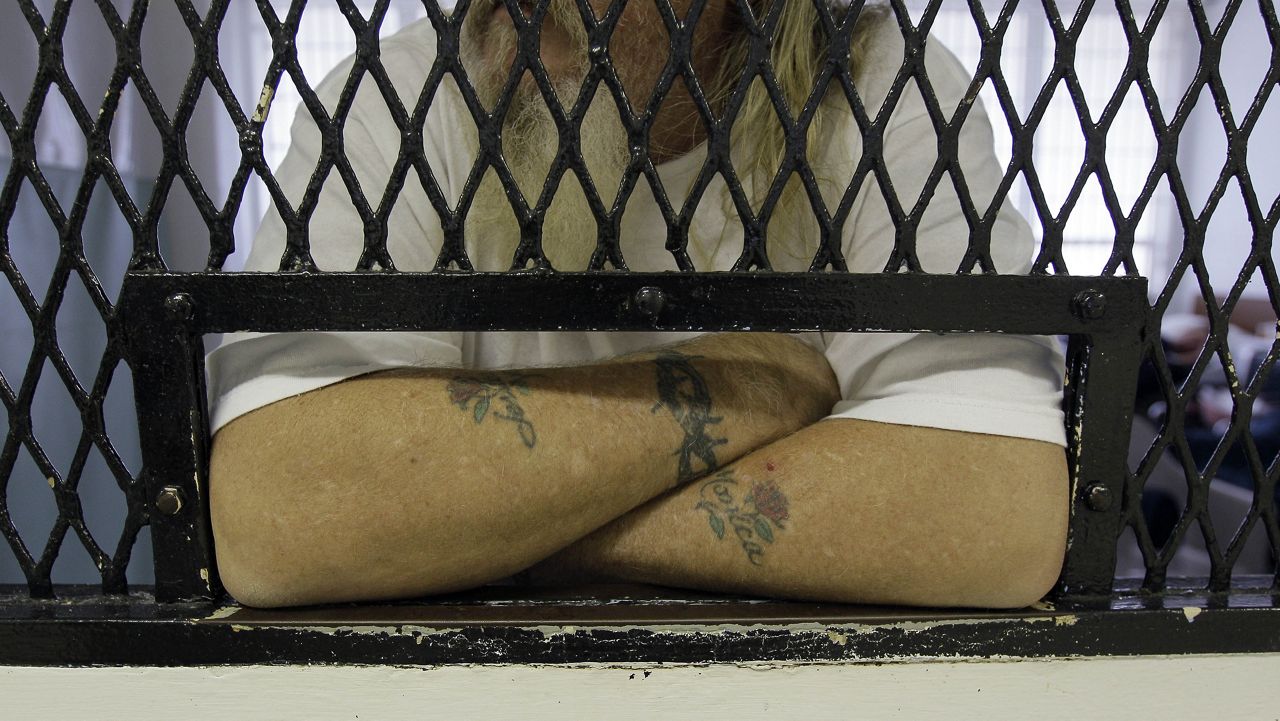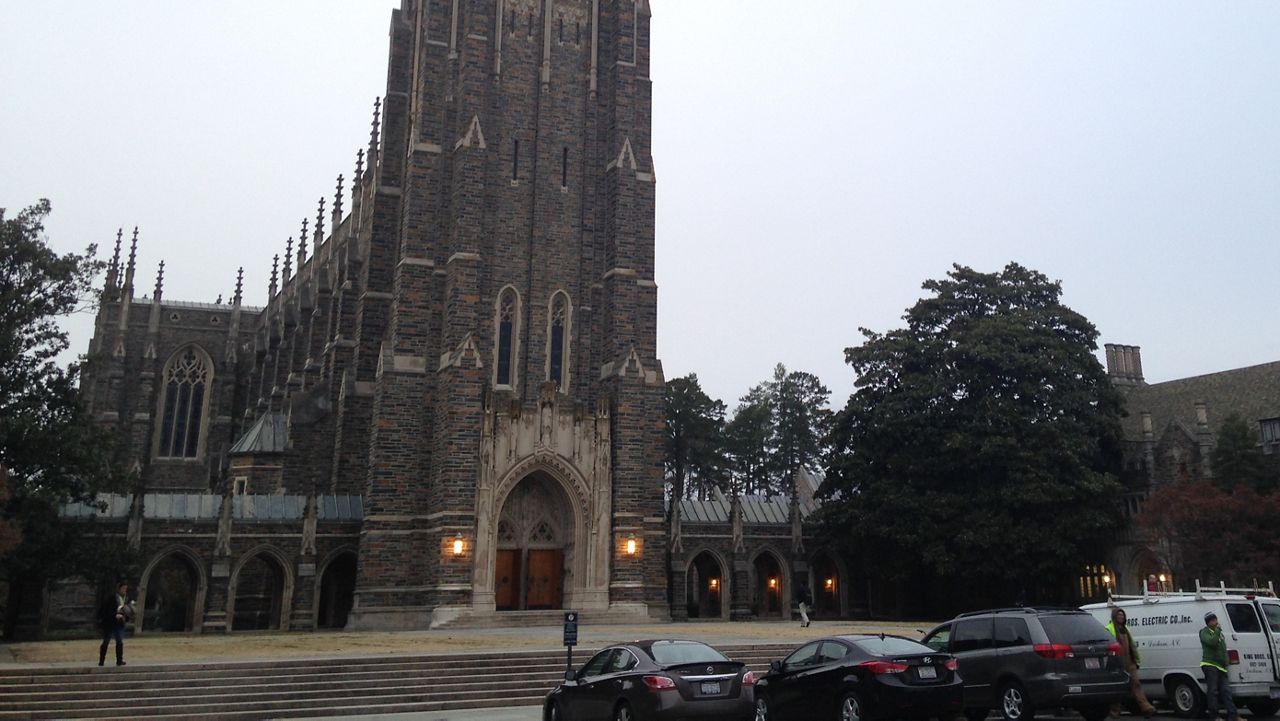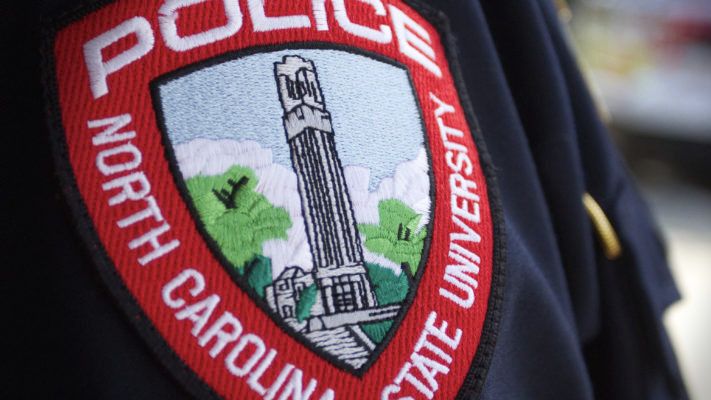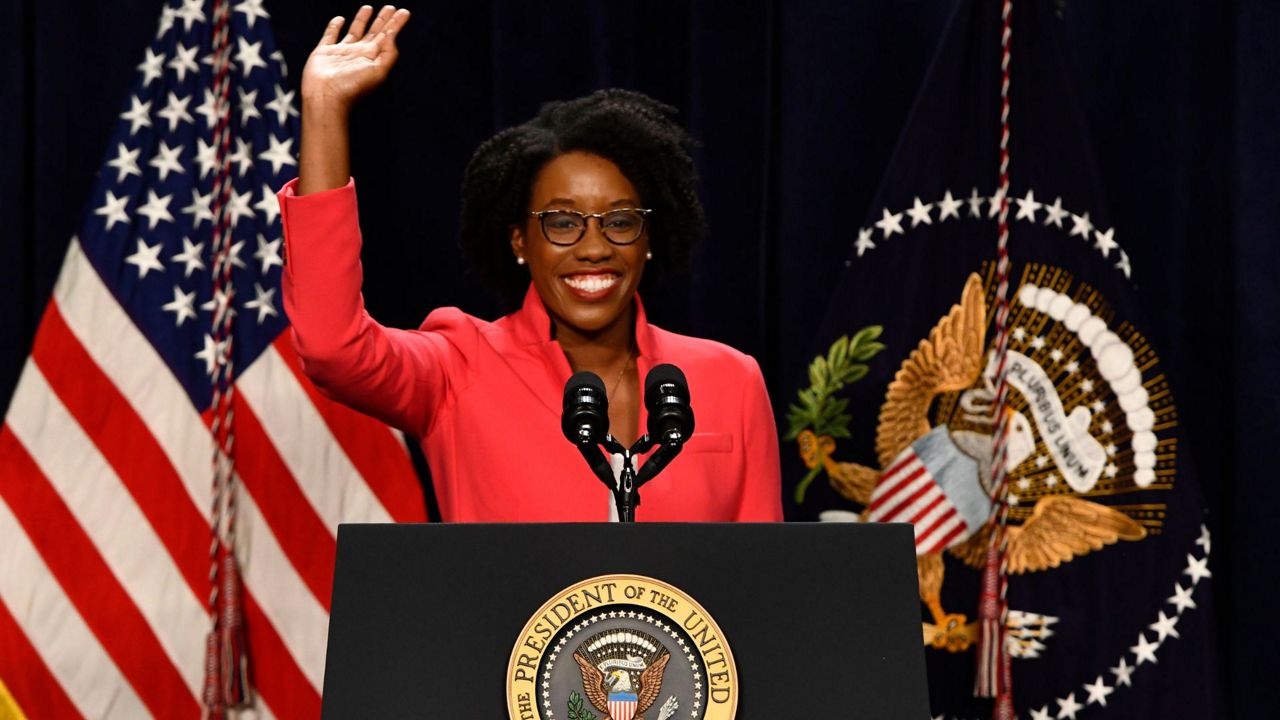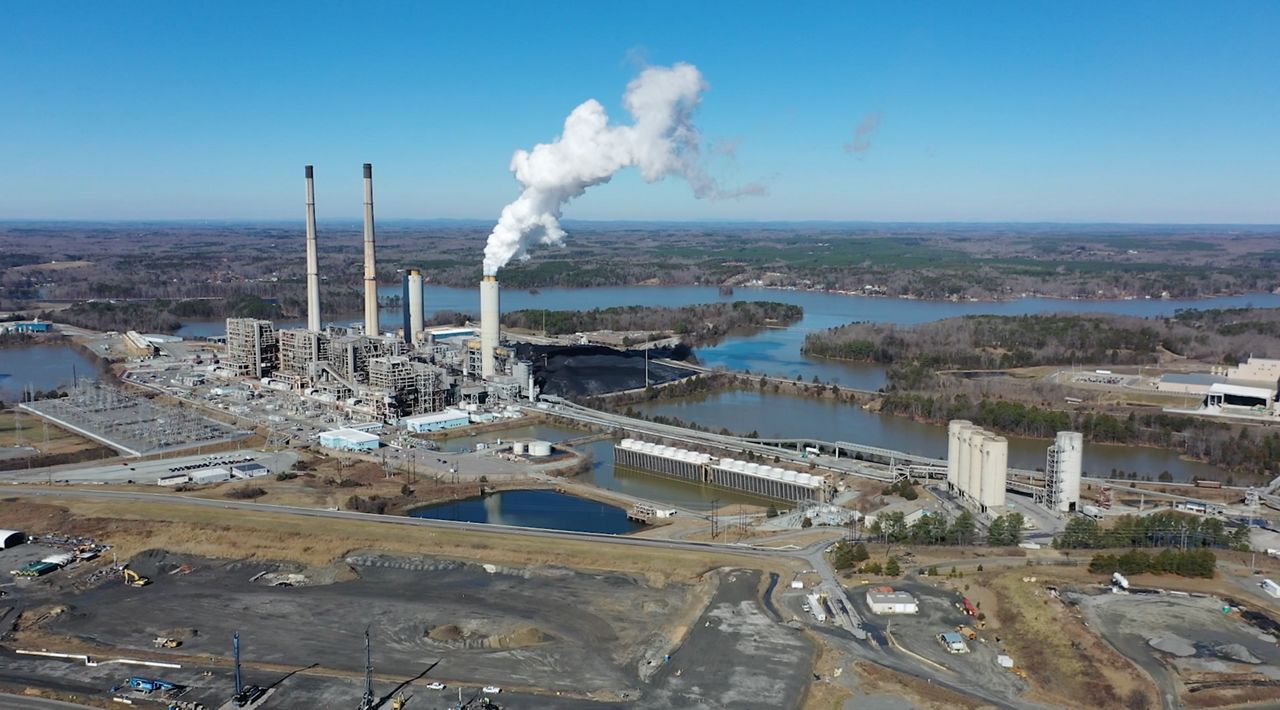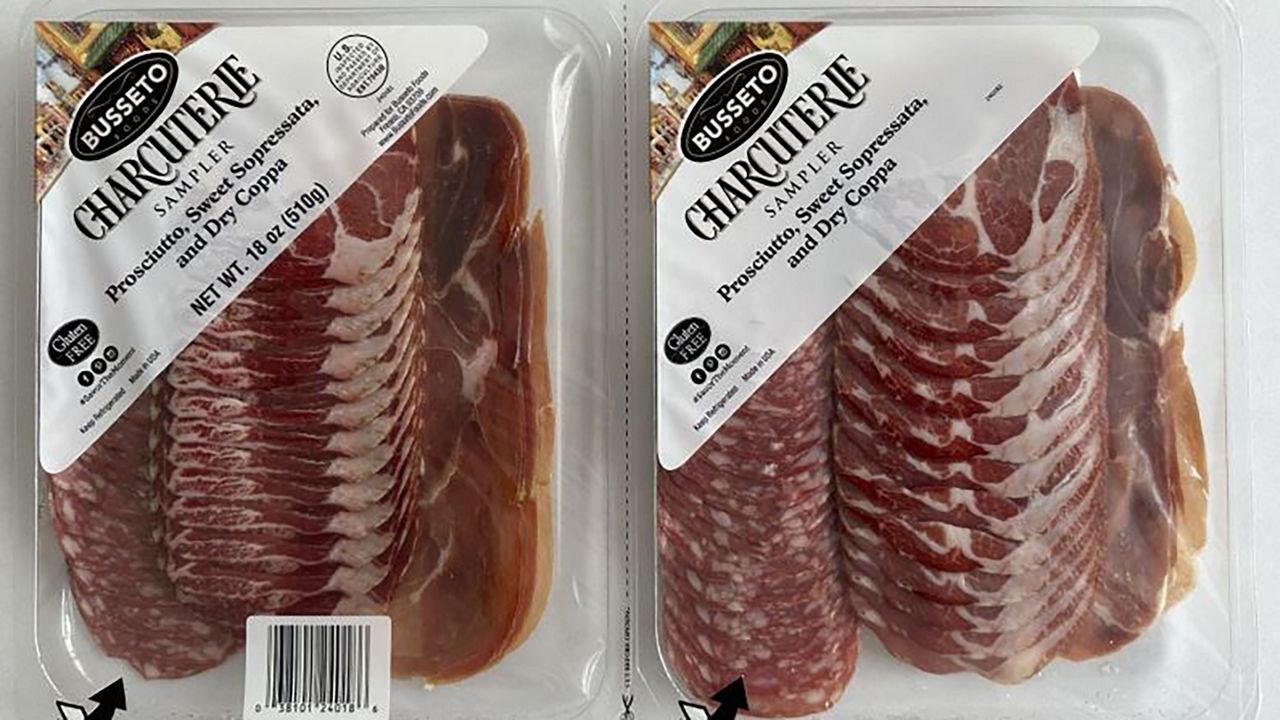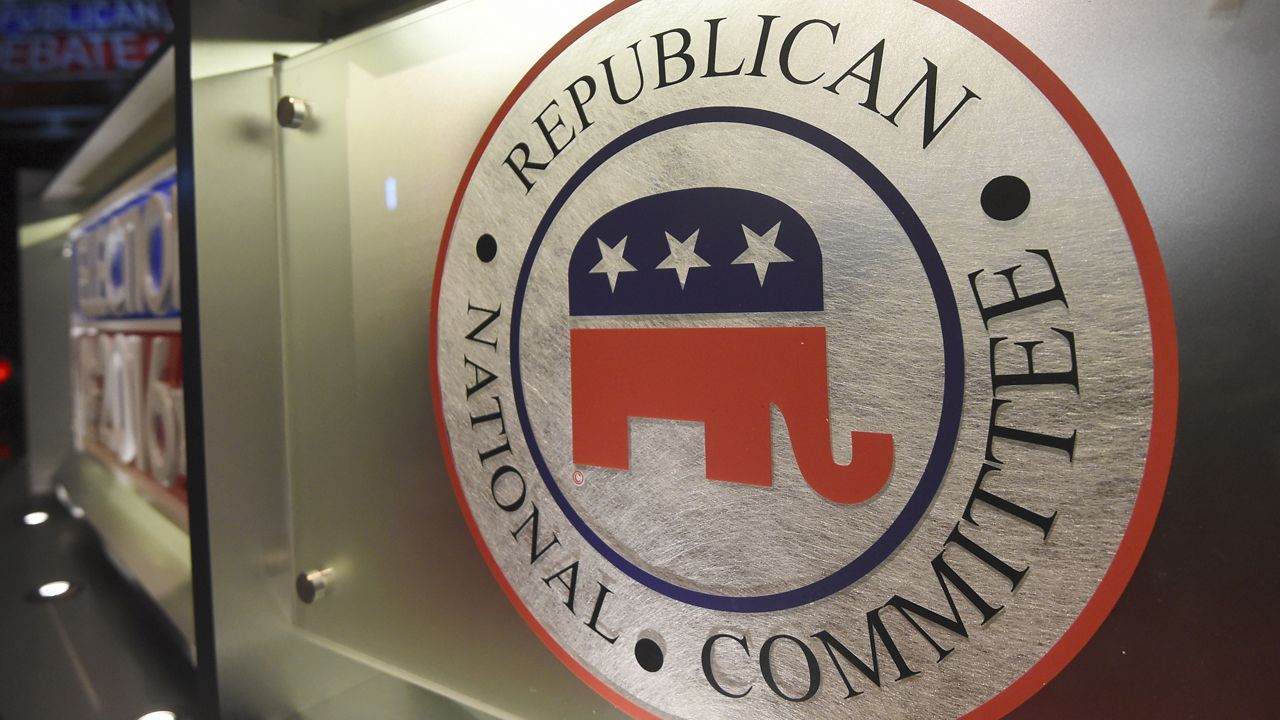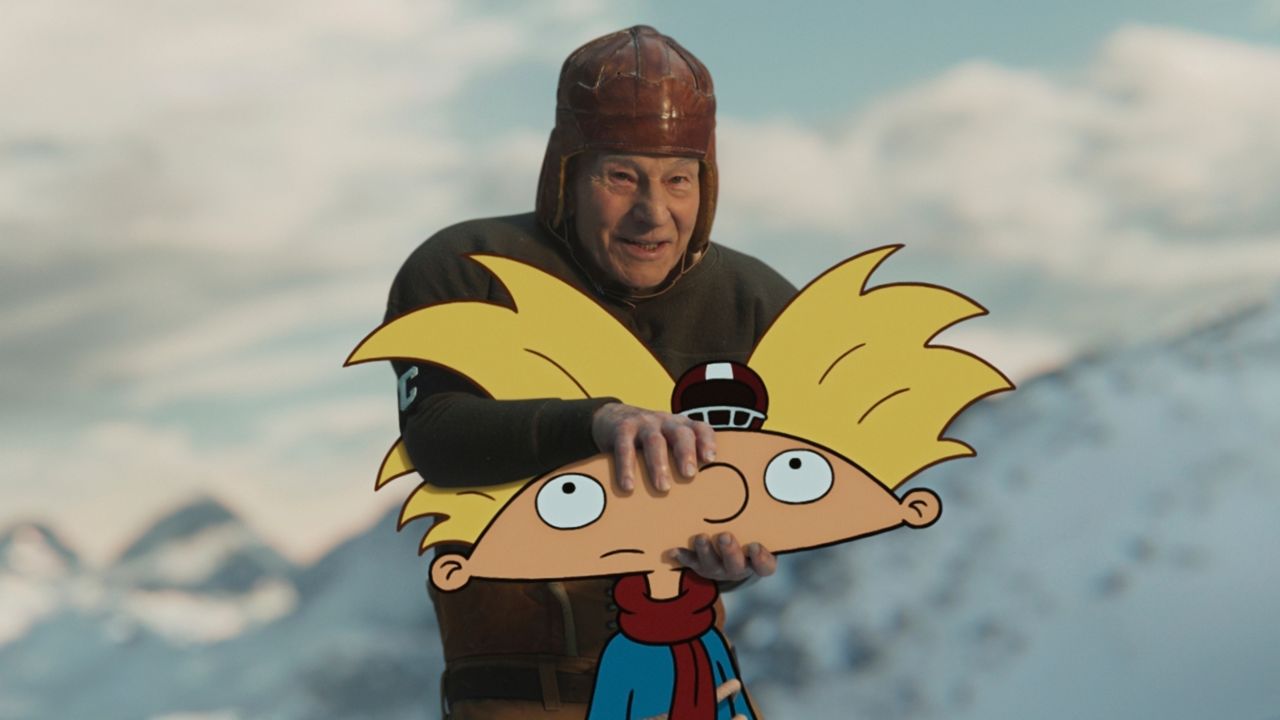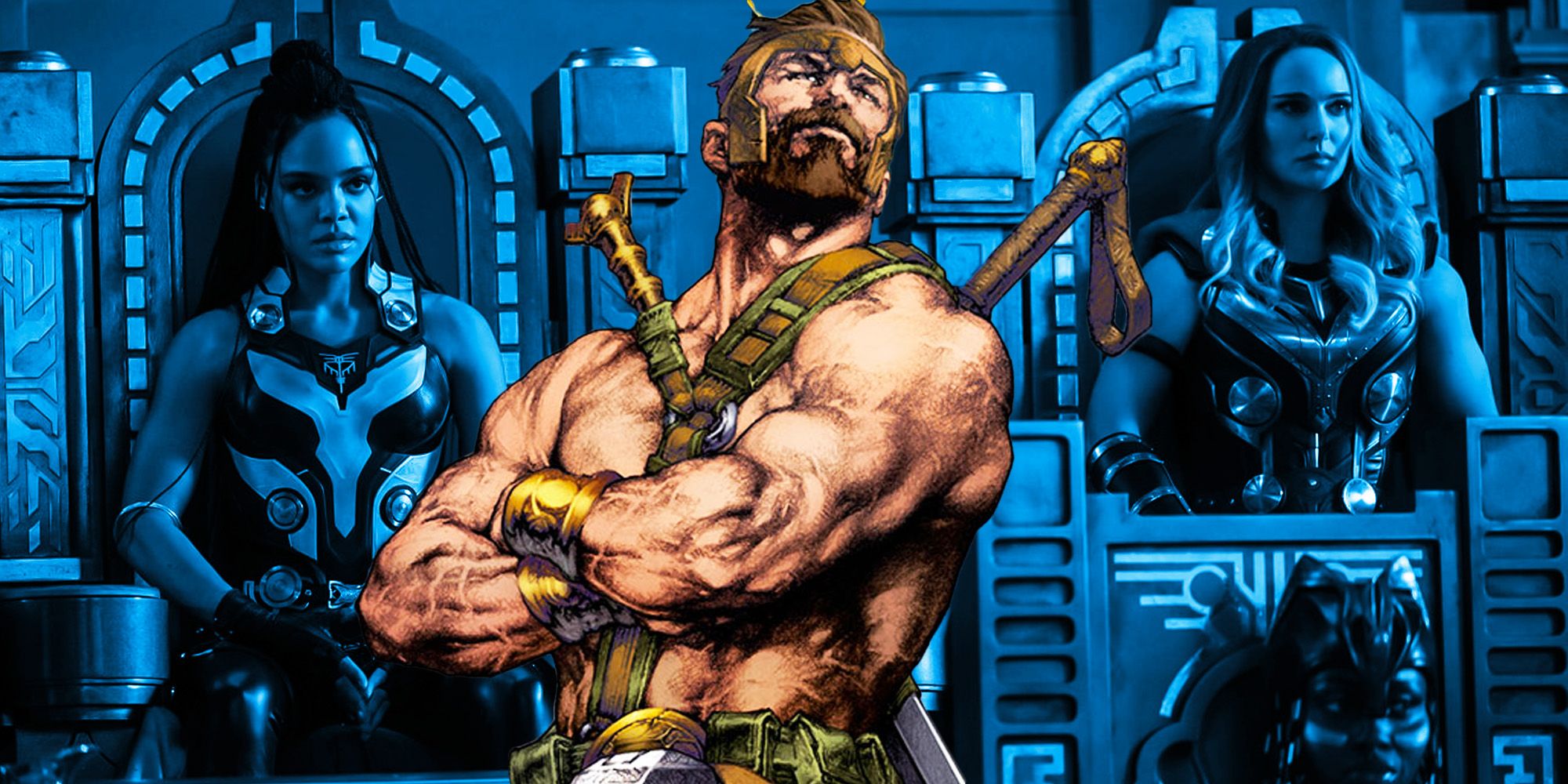
Thor: Love & Thunder Just Made The MCU Hercules Theory More Likely
The popular Marvel Comics character Hercules has been notably absent from the MCU, but promo photos from Thor: Love and Thunder suggest the hero may soon enter the franchise. As the fourth installment of the Thor solo series, Thor: Love and Thunder will again focus on the titular Asgardian god of thunder as inspired by Norse mythology. The sequel also looks to expand further upon the MCU’s lore, which could mean an appearance from another one of Marvel’s most prominent characters based on ancient myths.
After Thor and Thor the Dark World established the character as a serious and sullen mythical being, Thor: Ragnarok provided a u-turn to his arc, playing some of the Avenger’s stranger aspects for comedy rather than sincerity. Thor: Love and Thunder is set to continue this trend, with its trailer demonstrating that the sequel will maintain the light-hearted and comical tone from the previous installment. Introducing Russell Crowe to the Thor 4 cast in the role of Zeus, the movie will cross from Norse to Greek mythology, suggesting a sense of unity in the MCU’s god structure hinted at in Moon Knight. With this collaboration between gods of different mythologies, Thor 4 will likely expand its reach to wider sources.
Promo photos from Thor 4 suggest that more gods are set to appear. With one of the images showing several gods from different mythologies sitting together in what appears to be Olympus, the movie seems to be interconnecting the MCU’s religions and gods in a way that the franchise has never done before. This not only makes way for physical manifestations of gods that have been previously mentioned in the franchise, such as Bast, but it also provides room to introduce other characters from the comics not yet seen in the MCU, such as Hercules.
Moon Knight Established The MCU’s Afterlife

After dying at the hands of Arthur Harrow in Moon Knight episode 4, Steven Grant and Marc Spector find themselves journeying through the ancient Egyptian afterlife with Taweret. While explaining the psychiatric ward-setting of Marc and Steven’s afterlife, the goddess of fertility and childbirth explains that all of the MCU’s gods are linked under a common afterlife, which changes in appearance based on the deceased’s beliefs. Rather than establishing separate afterlives for each of their gods, the show thus combined each of the franchise’s mythologies under a singular banner. With gods from Norse, Greek, and Egyptian mythologies all in the same franchise, it makes sense that the MCU would unify the beliefs when it comes to these characters interacting. The Thor 4 trailer briefly shows Zeus holding a meeting over a large crowd. If the location of this meeting is understood to be Olympus, then it is likely that the crowd is made up of gods from different mythologies.
Thor 4 Photos Tease Black Panther God In Olympus

Some of the still images from Thor 4 confirm a level of interaction between these different gods. One photo shows Valkyrie and The Mighty Thor sitting together, accompanied by a new character who appears to be the Wakandan goddess Bastet, who was referenced in Captain America: Civil War and Black Panther. Potentially joined together in Olympus to discuss how best to handle the Thor 4 villain Gorr the God Butcher, the photo teases that the film will be placing a host of gods and deities together in a single setting.
Until Moon Knight, it was assumed that there was no interaction between the franchise’s mythologies – each operating instead according to its own rules and belief systems. Although Moon Knight confirmed that the ancient Egyptian gods knew others, it did not imply any sense of community between them, which is demonstrated in the Norse Asgard and Egyptian Ennead consisting only of their own members. Gorr could be the defining factor in drawing the franchise’s gods together, uniting the beliefs through a common enemy.
Olympus Could Introduce Hercules

By bringing Greek mythology into the MCU and seemingly using the location of Olympus on at least one occasion, Thor 4 provides the perfect opportunity to introduce Marvel’s Hercules. A popular character in the comics, Hercules possesses all the powers of an Olympian god including super strength, speed, and stamina. The first of these serves as the hero’s defining skill, and the comics have shown him being able to destroy mountains and withstand blows from Thor.
As the son of Zeus, it would make sense for Hercules to appear in Thor 4. The demigod’s lack of screen time in the MCU thus far could be due to the absence of Greek mythology in the franchise, rendering the hero’s origin story impossible. However, through Olympus and the MCU’s collision of universes via incursion events, there is potential for Hercules to join the Avengers in the MCU’s Phase 5.
Hercules Would Make The Avengers More Powerful

With the combined strength of Thor, Captain Marvel, and the Scarlet Witch, the Avengers are already one of the most powerful teams in the MCU. If Hercules was to be added to this roster, then the team’s physical strength would be unmatched – with the hero able to outperform even the Hulk in physical displays. A team consisting of such powerful heroes would certainly be better equipped to deal with physical-based villains, such as Thanos, and would stand a better chance at navigating battles across the multiverse as Kang becomes the MCU’s next main villain.
The interconnectivity of Olympus has the potential to expand the MCU’s god lore even further than it already is. With Eternals introducing the Celestials, the gods may become an integral part of the MCU’s next Avengers: Endgame-level battle. If this is to be the case, then Thor: Love and Thunder may prove crucial in introducing some of these new characters into the franchise and setting them up for an important role beyond Phase 4.





